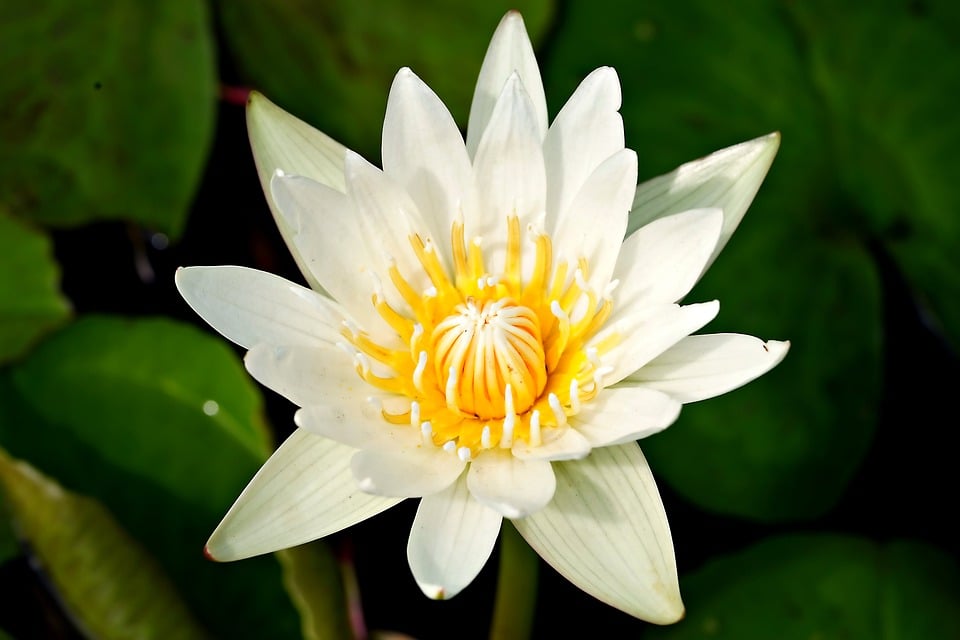In a world filled with diverse cultures and beliefs, individuals often find themselves navigating through different belief systems in search of meaning, purpose, and understanding. From skepticism to spirituality, this journey can be a transformative experience that shapes one’s worldview and outlook on life. In this article, we will explore the evolution of belief systems, the reasons behind shifting ideologies, and the impact of these changes on individuals and society as a whole.
The Historical Context of Belief Systems
Belief systems have long played a significant role in shaping human societies and civilizations. From early animistic beliefs to organized religions, humans have sought to make sense of the world around them through various systems of belief. Throughout history, different belief systems have emerged, evolved, and sometimes disappeared entirely, reflecting the changing values and ideologies of the times.
– Animism: One of the earliest forms of belief, animism is the belief that all objects, places, and creatures possess a distinct spiritual essence. This belief system is found in many indigenous cultures around the world.
– Polytheism: Polytheistic religions involve the worship of multiple deities, each with their own unique powers and attributes. Ancient civilizations such as the Greeks, Romans, and Egyptians practiced polytheism.
– Monotheism: Monotheistic religions, such as Christianity, Islam, and Judaism, believe in the worship of a single, all-powerful deity. These religions have had a significant impact on global history and culture.
The Current State of Belief Systems
In today’s world, individuals are exposed to a wide range of belief systems, from traditional religions to new age spiritual practices. The rise of globalization and the internet has made it easier for people to explore different ideologies and perspectives, leading to a more diverse and pluralistic society. However, this diversity also presents challenges, as conflicting beliefs can lead to tension and division among individuals and communities.
– Traditional Religions: Despite the rise of secularism and atheism in some parts of the world, traditional religions such as Christianity, Islam, Hinduism, and Buddhism continue to have a strong presence and influence in many societies.
– New Age Spirituality: New age spiritual practices, such as yoga, meditation, and energy healing, have gained popularity in recent years as people seek alternative forms of spirituality outside of organized religions.
– Secular Humanism: Secular humanism is a non-religious belief system that places an emphasis on reason, ethics, and human values. It rejects supernatural beliefs and advocates for a rational, evidence-based approach to life.
The Future of Belief Systems
As we look to the future, it is clear that belief systems will continue to evolve and adapt to the changing needs and desires of individuals. Technological advancements, environmental challenges, and social movements will all shape the way people approach spirituality and religion in the coming years. It is likely that new belief systems and ideologies will emerge, challenging traditional norms and offering new perspectives on the meaning of life and existence.
– Technological Integration: As technology continues to advance, it is likely that new forms of spirituality and belief systems will emerge, incorporating virtual reality, artificial intelligence, and other innovations into religious and spiritual practices.
– Environmentalism and Eco-Spirituality: The growing concern over climate change and environmental degradation has led to an increased interest in eco-spirituality, which emphasizes the interconnectedness of all living beings and the importance of environmental stewardship.
– Social Justice Movements: Movements for social justice and equality have sparked conversations about the role of religion and spirituality in addressing issues of oppression, discrimination, and inequality. People are increasingly looking to their belief systems for guidance on how to create a more just and equitable world.
Conclusion
In conclusion, the journey from skepticism to spirituality is a complex and multifaceted process that reflects the diversity of human experiences and beliefs. As individuals navigate through different belief systems, they are faced with questions of identity, purpose, and meaning that shape their worldview and outlook on life. By exploring the historical context, current state, and future predictions of belief systems, we can gain a deeper understanding of the forces that drive human belief and behavior. Whether you find solace in traditional religions, new age spiritual practices, or secular humanism, the important thing is to be open-minded and respectful of others’ beliefs. Thank you for joining us on this enlightening journey, and we encourage you to continue exploring the rich tapestry of belief systems that exist in our world today.
